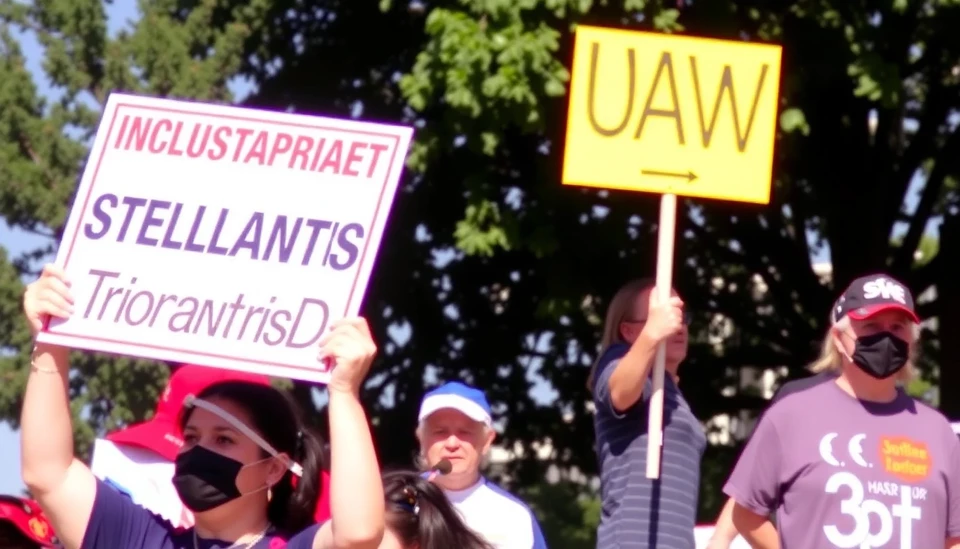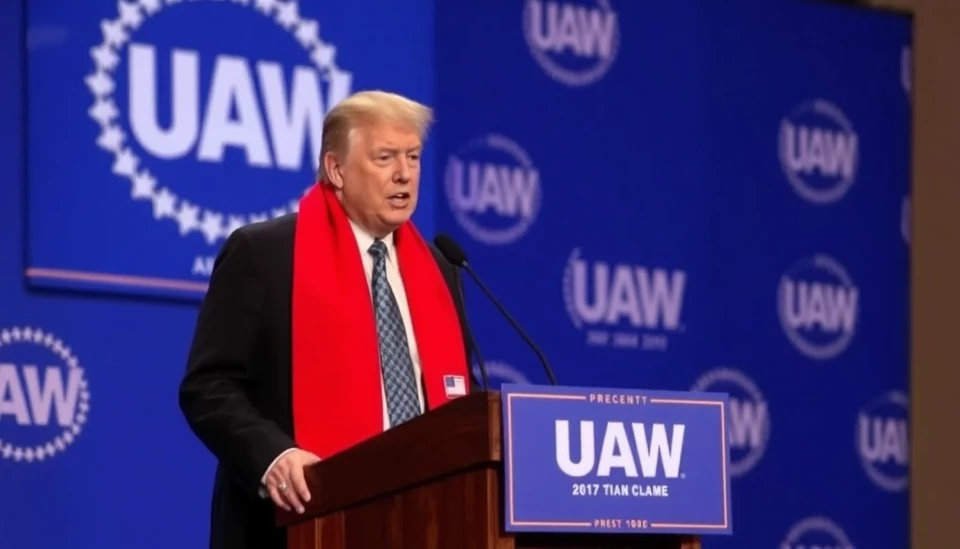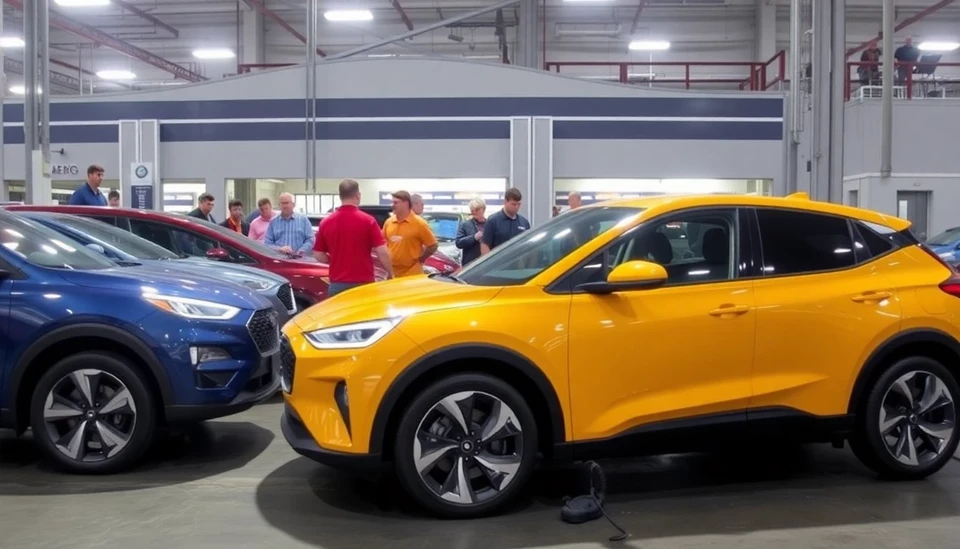
In a notable development within the automotive industry, members of a United Auto Workers (UAW) local union in Indiana have cast their votes against a potential strike against Stellantis, the multinational automotive manufacturer. This decision marks a significant moment in the ongoing negotiations and tensions between labor unions and their employer counterparts in the wake of widespread industry shifts.
The vote took place on Tuesday, with the UAW local in question expressing concerns over how a strike might affect their community and the economic repercussions that could follow. The results indicate a complex relationship between union members and the corporation, as many workers appear hesitant to escalate tensions at a time when job security is paramount.
Stellantis, which has been in the spotlight for various reasons lately, faced increased scrutiny due to its strategic decisions and working conditions following recent contract negotiations. The UAW, representing thousands of workers across the nation, has been vocal about pushing for better wages, improved working conditions, and job security amidst the ever-evolving automotive landscape, rife with innovation and electrification.
This union decision is particularly significant considering the broader context of labor relations in the U.S. automotive industry. There has been a wave of labor strikes and negotiations over the past few years, reflecting a labor movement gaining momentum and calling for change. The outcome of this particular vote suggests that while some members may be ready for action, others are looking for alternative paths to ensure their needs and concerns are met without resorting to strikes, which can jeopardize jobs and livelihoods.
The UAW leadership will surely analyze these results closely as they shape their strategy moving forward. The local union's decision not to strike against Stellantis could influence similar bodies across the nation as they approach their own negotiations, and it serves as a reminder of the delicate balance between advocating for worker rights and ensuring economic stability within communities.
As the situation continues to evolve, both union representatives and Stellantis will need to navigate this landscape thoughtfully. For workers in Indiana and beyond, the outcome of these negotiations may set a precedent for future relations between labor unions and automotive manufacturers—something that everyone in the industry will be watching closely.
Labor dynamics are continuously changing, and the UAW's response to this recent vote will play an important role in shaping the narrative of worker advocacy within the automotive sector. With the expansion of electric vehicles and changing market demands, the conversation surrounding labor rights, job security, and operational practices will undoubtedly persist for years to come.
In conclusion, as the UAW local in Indiana stands against a strike with Stellantis, it serves as a pivotal moment not just for them, but for all workers in a transformative industry. Their decision signifies a cautious approach to labor advocacy, where voices are weighed carefully against the potential consequences of action. This instance will likely be a highlight in the evolving discussions around labor movements across the country.
#UAW #Stellantis #LaborRelations #AutoIndustry #UnionVote #WorkerRights #Strikes #Economy #Negotiations
Author: Victoria Adams




